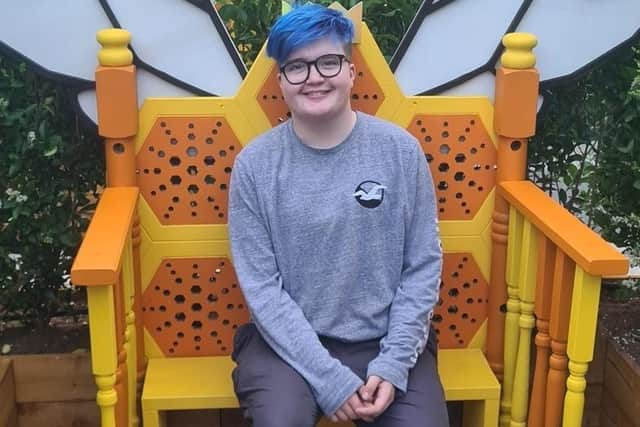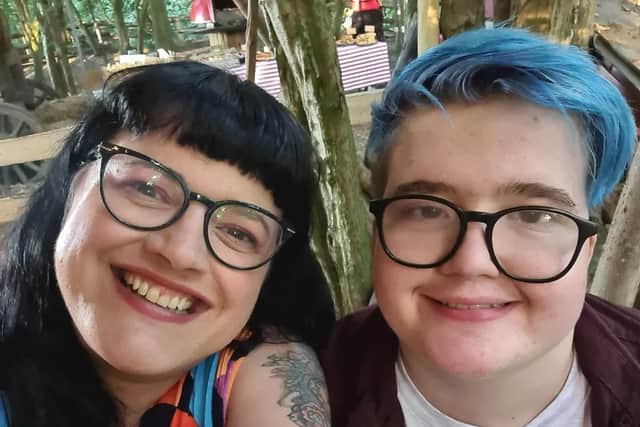Wakefield Council ordered to apologise after autistic student misses over year of schooling due to delays in care and poor record keeping
and live on Freeview channel 276
Wakefield Council has been ordered to pay compensation and to apologise for delays in taking action to help Theo Waddington.
An Ombudsman criticised the local authority for failing to arrange an appropriate education, health and care plan (EHCP).


Advertisement
Hide AdAdvertisement
Hide AdA report also states that the Council was at fault for poor record keeping which led to the teenager suffering further distress.
Theo’s mum, Heidi Mavir, complained to the Local Government and Social Care Ombudsman over her son’s treatment while he was a pupil at Outwood Grange Academy.
Ms Mavir said: “I wouldn’t wish what we had to go through on anyone.
“At the time I was really angry with the local authority but I think they are also working within the confines of being overstretched and underfunded.


Advertisement
Hide AdAdvertisement
Hide Ad“I went to the Ombudsman as I thought it was the only way to get accountability.”
Theo, now 17, was identified as autistic when he was 14 and later diagnosed as also having ADHD.
Theo was 15 when he was unable to attend school as he struggled with anxiety in his GCSE year.
Ms Mavir reported Theo’s absence from education in February 2020 and asked for him to be assessed for an EHCP, requesting alternative provision.
Advertisement
Hide AdAdvertisement
Hide AdThe Council wrongly told Ms Mavir to apply for medical needs tuition through the Child and Adolescent Mental Health Service (CAMHS).
In March 2020, the Council continued to refuse to issue Theo for an EHCP.
Ms Mavir took the matter to a tribunal in June 2020 and the Council agreed to issue a plan for Theo a month later.
By this point, he had been out of full-time education for almost a full academic year.
The EHCP was eventually completed in October 2020.
Advertisement
Hide AdAdvertisement
Hide AdMs Mavir said: “The school seemed more concerned about their attendance records rather than getting a bespoke package of care for Theo.
“He was simply too unwell and needed help.
“Theo ended up getting just one GCSE.”
The Education Act says councils must make suitable full-time provision for children of school age who are absent because of illness, exclusion or otherwise.
The provision must be suitable for the child’s age, ability, and aptitude, including any special needs.
The Ombudsman’s report states: “I find fault with the Council for delaying taking action on (Ms Mavir’s) request for an EHCP assessment, and for not providing suitable education to (Theo).
Advertisement
Hide AdAdvertisement
Hide Ad“I also intend to find fault with the Council for its recording keeping.”
The Council has been ordered to pay £1,300 and write a letter of apology to Ms Mavir and Theo.
The Ombudsman ordered the local authority to review its process for people who require medical needs tuition and to ensure staff receive proper training.
Theo was eventually given support at a pupil referral unit in Wakefield where he obtained another five GCSEs.
Advertisement
Hide AdAdvertisement
Hide AdHe is now completing a year of Education Otherwise Than At School (EOTAS).
Andy Lancashire, Wakefield Council’s Service Director for Education and Inclusion said: “We fully accept the findings of the Ombudsman’s report and have sincerely apologised to the family.
“We have learnt lessons from this experience, have changed our procedures and are implementing the recommendations in the report.”
